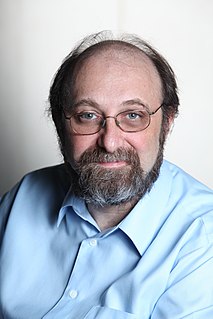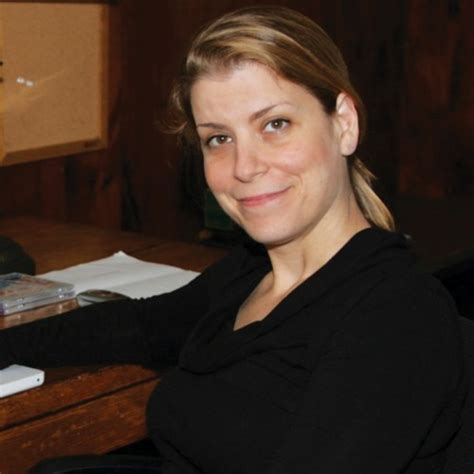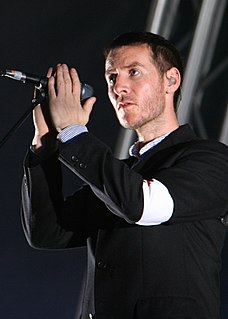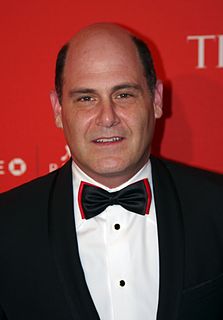A Quote by David Shields
I'm really interested in the new nonfiction. I think the hyper-digital culture has changed our brains in ways we cannot begin to fathom.
Related Quotes
The trouble with integers is that we have examined only the very small ones. Maybe all the exciting stuff happens at really big numbers, ones we can't even begin to think about in any very definite way. Our brains have evolved to get us out of the rain, find where the berries are, and keep us from getting killed. Our brains did not evolve to help us grasp really large numbers or to look at things in a hundred thousand dimensions.
It is such a supreme folly to believe that nuclear weapons are deadly only if they're used. The fact that they exist at all, their presence in our lives, will wreak more havoc than we can begin to fathom. Nuclear weapons pervade our thinking. Control our behavior. Administer our societies. Inform our dreams. They bury themselves like meat hooks deep in the base of our brains. They are purveyors of madness. They are the ultimate colonizer. Whiter than any white man that ever lived. The very heart of whiteness.
The digital age is for me in many ways about temporal wounding. It's really messed up our ontological clocks. In the digital economy, everything is archived, catalogued, readily available, and yet nothing really endures. The links are digital encryptions that can and won't be located. That will have to be reassembled over time. It won't be exactly what it was. There will be some slightly altered version. So the book is both an immaterial and material artifact.
The whole switch from film to digital has changed some of the ways I use color and the juxtaposition of light and dark. It's getting better with digital, the separation's gotten better, but I still feel like it's really flatter than film, so I do a lot of screening and subtle textural printing and painting on clothes for film to get it not to look flat.
The same plasticity that allows us to form a reading circuit to begin with, and short-circuit the development of deep reading if we allow it, also allows us to learn how to duplicate deep reading in a new environment. We cannot go backwards. As children move more toward an immersion in digital media, we have to figure out ways to read deeply there.
I think we are living in an era of being hyper-concerned about, Is it us? Because we have this historical awareness. People really want to know: will it be us or our kids or our grandkids to live through this? We don't want it to happen, we don't want to be the ones with the poisoned water, but at the same time, I think there is this curiosity, like, Am I one of the "lucky" ones who gets to be here at the end? That's the tension I'm interested in.
But you know what, honestly? I'm not that interested in advertising. I think it's a great way... It's such a huge part of our culture. It's like saying, "Are you interested in hair?" It's such a part of our life, and it's such a reflection of how we feel about ourselves, and what we're interested in, and what we want to be.


































